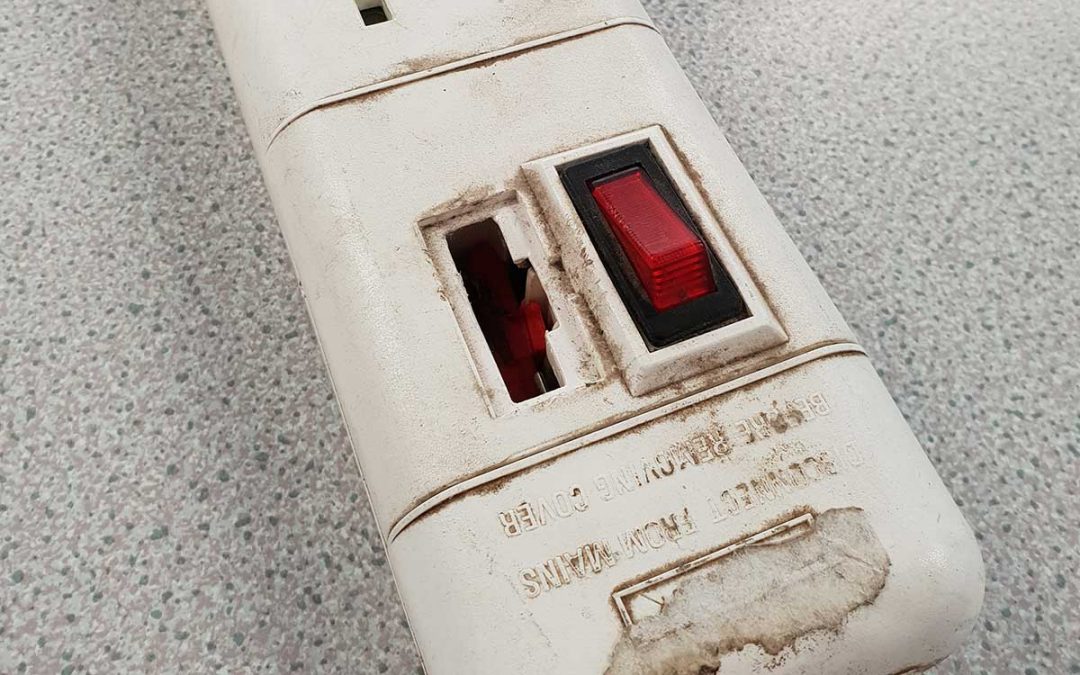White goods and fire safety
Tumble dryers, washing machines, fridges and freezers can all cause electrical fires. You can find a list of recalled products following this link: productrecall.campaign.gov.uk
Using Extension Leads safely
- Some appliances use more power than others, so always be mindful of not overloading your extension leads.
- Power-hungry appliances such as kettles, toasters and microwaves should not be on the same extension lead.
- If you are using a extension reel, always fully unwind it. If you leave them coiled, they can easily overheat and cause a fire.
- Only use one extension lead per socket and never plug in an extension lead into a extension lead.
- Never overload an extension lead by plugging in appliances that together will exceed the maximum current rating stated this is normally 13 amp. This could cause the plug in the wall socket to overheat and possibly cause a fire.
Mobile phone and Laptop chargers
- Always use the charger that came with your phone, tablet or laptop.
- If you need a replacement, always choose a branded, genuine product from a supplier you can trust.
- Counterfeit electrical chargers can be deadly. What seems like a bargain at the market or online isn’t worth the risk.
Plug fuses
The common UK plug – Is generally fitted with a 3A or 13A fuse. For appliances up to 700w you need to use a 3A fuse. And for appliances over 700w you need to use a 13A fuse.
Here are some common examples:
3A Fuse – Table lamp, standard lamp, television, video, computer, mixer, blender, fridge, freezer, power drill, jig saw, soldering iron
13A Fuse – Washing machine, dishwasher, microwave, kettle, toaster, iron

